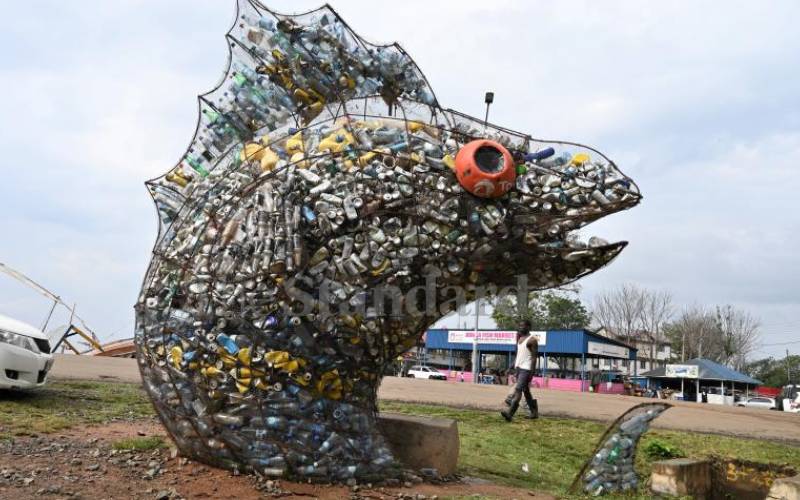×
The Standard e-Paper
Home To Bold Columnists

For Joseph Mboha, a resident of Kisumu, Lwang’ni beach was his popular fish eatery for years until 2019 when the eateries were demolished.
To enjoy his favourite dish, Mboha now has to drive to Dunga beach, some kilometres away from the Central Business District.